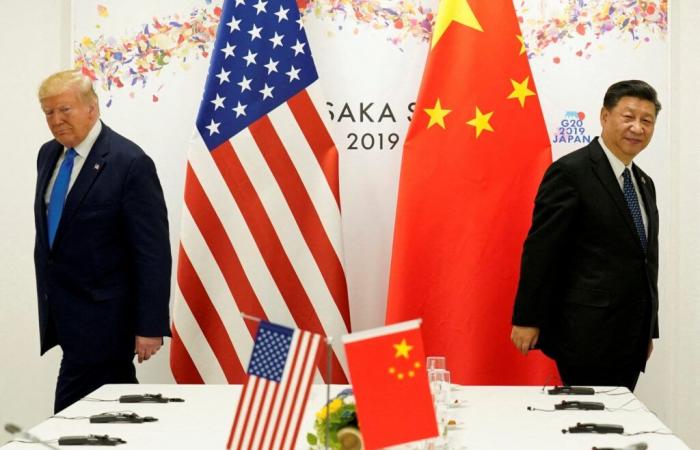China issued a stark warning Tuesday, saying “no one will win a trade war,” in response to President-elect Donald Trump's announcement of new tariffs on imports from China, Canada and Mexico. The proposed measures, which Trump plans to implement starting in January, threaten to reignite global trade tensions.
Trump targets major trading partners with global tariffs
In a bold series of posts on his Truth Social account, Trump revealed plans for additional tariffs on all goods from three key U.S. trading partners. China would be subject to a 10% tariff, which Trump says is necessary because of Beijing's alleged failure to contain fentanyl trafficking. Meanwhile, Canada and Mexico would be hit harder, with tariffs of 25%, justified by what Trump described as opioid and immigration crises.
These global measures have already caused alarm internationally. For China, Trump's announcement marks a potential escalation of economic tensions, which could shake global markets and disrupt supply chains.
China hits back, denies fentanyl allegations
Reacting quickly, Liu Pengyu, spokesperson for the Chinese Embassy in Washington, highlighted the mutual benefits of economic ties between the United States and China. “China views Sino-US economic and trade cooperation as mutually beneficial,” Liu said in an email to AFP, reiterating Beijing's commitment to fostering dialogue.
China's Foreign Ministry also spoke, with spokeswoman Mao Ning expressing openness to discussions. “China is open to maintaining dialogue and communication,” she said when asked if Beijing had contacted Trump's team to negotiate.
The fentanyl issue remains a sticking point. Washington has long accused China of facilitating the flow of precursor chemicals used by Mexican cartels to produce the deadly synthetic opioid, which causes tens of thousands of overdose deaths each year in the United States. Beijing, however, denies the allegations, saying it has implemented measures to combat trafficking.
“Claims that China is intentionally allowing precursor chemicals into the United States run counter to facts and reality,” Liu said, objecting to the narrative coming from Washington.
A familiar scenario: trade wars revisited
Trump's proposed tariffs are reminiscent of his first term, when similar measures targeted China and other nations, triggering retaliatory tariffs and uncertainty for American businesses. While Trump presents the tariffs as a way to protect U.S. interests and address key issues like drug trafficking, critics warn they could spark a new trade war with repercussions for the global economy.
China, the world's second-largest economy and a critical supplier of goods to the United States, could be deeply affected by the proposed 10% tariff. Such a move could also further strain relations as the two nations grapple with broader geopolitical tensions.
A Precarious Path Ahead
As January approaches, Trump's bold tariffs signal his intention to strengthen the protectionist policies that defined his first term. It remains to be seen whether these measures will strengthen US influence or reignite damaging trade conflicts. For now, China's tough response underscores the delicate balance between confrontation and cooperation as the world braces for potential consequences.
With global stakes high and dialogue uncertain, the question remains: will calmer heads prevail, or is the world on the brink of a new era of economic hostilities? The answer could define the next chapter in U.S.-China relations — and the future of global trade.






